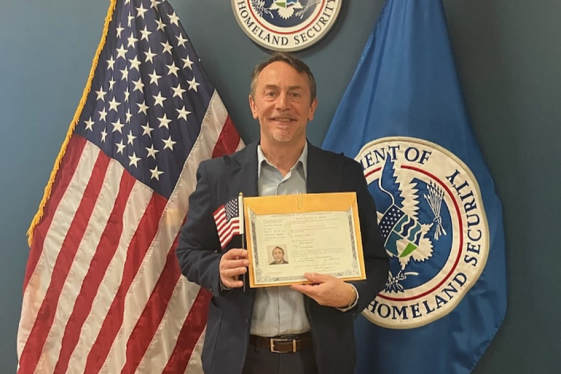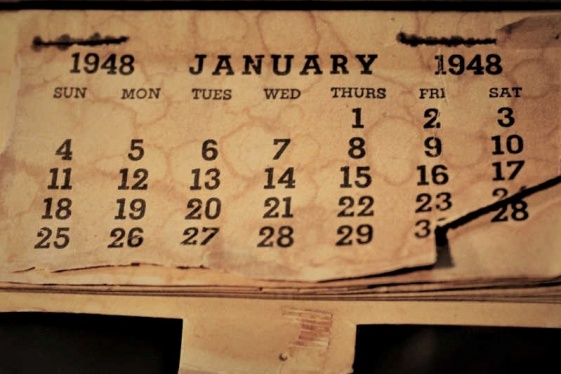

Would you like to apply for Italian citizenship by descent? Do you believe you meet all the eligibility requirements to do so?
The steps to apply for Italian citizenship jure sanguinis can be rather lengthy and sometimes complicated, therefore this article will provide you with a detailed explanation of all the stages involved in submitting an application, and how these differ depending on whether you submit your application at an Italian consulate in your home country, at a court in Italy, or at an Italian municipality.
Applying for citizenship at an Italian consulate in your home country
In order to apply for citizenship through an Italian consulate, you must collect your vital records and the ones pertaining to the individuals in your Italian lineage, proof of residency, and a form of identification. All the vital records collected need to be authenticated with an Apostille and accompanied by a professional translation into Italian. Please note that some consulates might also require the vital records pertaining to the spouses of the individuals in your Italian lineage, therefore it is always worth checking the requirements of the consulate to which you will be applying.
Once all your documents are ready and you have scheduled an appointment at the consulate, you will need to fill out the consular forms listing your family’s information, such as dates and places of birth, marriage and death, and a list of residency addresses where all the individuals in your Italian lineage have lived since the age of 18. As for submitting your application per se, you might be able to do so in person or via mail depending on the consulate to which you apply.
Once the consulate receives your application, they will create a file comprising all your documents. The citizenship clerk will analyze your proof of address in order to determine whether you are eligible to apply to that specific consulate. Additionally, the clerk will ensure that you have submitted all the necessary vital records with apostilles and translations into Italian, and that there are no discrepancies among the dates of birth, marriage, death, or the names of the individuals in your Italian lineage. Furthermore, the consular clerk will analyze your Italian ancestor's naturalization records or proof of no naturalization in order to make sure that you have an unbroken chain of Italian ascendants.
In order to ensure that no one in your Italian lineage voluntarily renounced their citizenship, the consular clerk will also need to check the registries kept by the Italian consulates in the areas where you and the individuals in your Italian lineage lived since turning 18 years old.
Consulates have up to 24 months, by law, to process an application for Italian citizenship by descent; however, consulates outside of the United States generally have faster processing times because they tend to have fewer applications to process compared to consulates in the United States.
Once your application has been approved, the consulate will send you an email and they will then send a request to the municipality in Italy where your ancestor was born in order to register your birth, marriage, and divorce records, if applicable. Finally, the municipality in Italy will register you with the Registry of Italian Citizens Residing Abroad (A.I.R.E.) and you will be able to book an appointment at the consulate to apply for an Italian passport.
Applying for citizenship at an Italian court
If you have a 1948 case you will need to apply for citizenship via the Italian court that has jurisdiction over your ancestor's municipality of birth by signing a Power of Attorney, which will enable an attorney to file your lawsuit on your behalf and represent you in court. As with applying via an Italian consulate, in order to apply for citizenship via the court system you will need to collect certified copies of your vital records authenticated with an Apostille and accompanied by a translation into Italian; however, in this case, the translations will need to be sworn before an Italian notary or court. Once the lawyer files your lawsuit, a judge will be assigned to your case and he or she will schedule the first hearing, which normally takes place between three and nine months from the date on which the judge is assigned, however, this may vary depending on the judge’s availability.
During the first hearing the judge will review all of your documents to ensure that you have all the necessary records to apply. If no additional records are needed, the judge will decide whether to grant or deny your claim to citizenship either on the day of the hearing or within a few weeks from that day.
When the final judgment is rendered, your attorney will need to wait 60 days for the judge’s decision to become final and thus no longer subject to appeal. When that period of time elapses, the attorney will be able to request a certified copy of the final judgment, which will ultimately need to be sent to the Italian municipality where your Italian ancestor was born so that it can be registered together with your vital records (birth, marriage and divorce records, if applicable). The municipality will then register your details on the A.I.R.E. and you will be able to apply for a passport at the Italian consulate that covers the jurisdiction where you reside.
Applying for citizenship at a municipality in Italy
If you would like to bypass the consulate’s lengthy times, an option you might want to consider is to apply for citizenship at a municipality in Italy, which is generally faster compared to applying through an Italian consulate in your home country.
An important requirement to apply for citizenship in Italy is that you establish residency in the municipality where you intend to submit your application. In order to do so, you must complete a residency application at the residency office in the municipality’s town hall. You must fill out this form with your name, address and the names of any family members who are residing with you. The local police will then check that the house in which you have established your residency is habitable and they will verify that you are living there. Once your residency status has been confirmed you will be able to schedule an appointment at the citizenship office in the municipality’s town hall. On the day of your appointment the citizenship clerk will check that all your documents are in order and if no additional records are required you will need to allow the necessary time for your application to be processed. Generally, the waiting time is a couple of months although this might vary depending on the municipality to which you apply.
Once you are recognized as an Italian citizen you can apply for a passport. If you live in Italy, you can apply for a passport at the local police headquarters (Questura); on the other hand, if you return to your home country, you must register with the A.I.R.E. and apply for a passport at the Italian consulate that covers the jurisdiction where you reside.
If you would like to learn more about your eligibility requirements to apply for Italian citizenship by descent, or if you are interested in starting your application process, please feel free to contact us at [email protected].
You may be interested
-
After 50 Years, Sayreville Icon Camillo Ianac...
Camillo Ianacone, owner of Camillo's Restaurant (31 MacArthur Ave., Sayreville), officiall...
-
Announcing: Italian Citizenship Service
The Italy-America Chamber of Commerce is pleased to announce the launch of a new Italian C...
-
From Sicily to San Diego preserving Italian h...
What if your family’s immigration story bypassed the iconic Ellis Island, heading straight...
-
ICA: 1948 cases update. Local courts in Italy...
Did you know that local courts in Italy have been granted the authority to process applica...
-
ICA: 1948 cases. Italian citizenship through...
In last month’s Italian Citizenship Assistance article, we covered Italian citizenship by...
-
ICA: 5 Ways to acquire Italian Citizenship
Welcome again to our Italian Citizenship Assistance column! In our previous article, we di...
-
ICA: A podcast to help you with getting Itali...
Due to the large number of people who are unable to find information about Italian citizen...
-
ICA: Ancestry Tour to Celebrate Italian Roots
Italy is always a popular destination for tourism, but in recent years there has been a gr...










